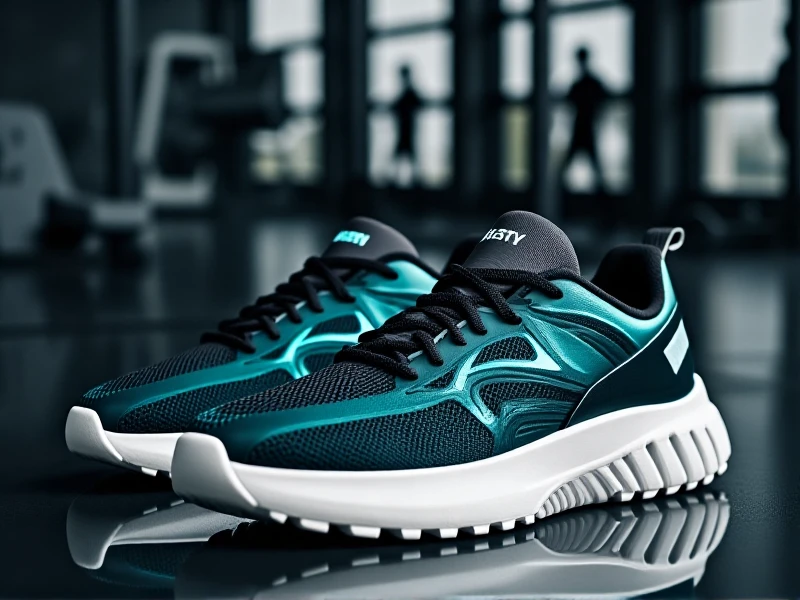
Finding the Right Sports Shoes: Boost Performance and Prevent Injury
Here is the SEO-optimized article targeting "sports shoes":
Choosing the perfect pair of sports shoes isn't just about style; it's fundamental to performance, comfort, and injury prevention. Whether you're hitting the track, the gym floor, or the pavement, the right sports shoes support your movements and protect your body. Understanding key features helps you make an informed decision.
Why Proper Sports Shoes Matter: Ill-fitting or incorrect footwear causes unnecessary stress on joints. Blisters, shin splints, knee pain, and plantar fasciitis often link back to poor shoe choices. Well-designed sports shoes provide essential cushioning, stability, and motion control, adapting to the biomechanics of your sport.
Key Features to Consider:
- Fit is King: Your shoes must fit snugly in the heel/midfoot while allowing toe room (about a thumbnail's space). Feet swell during activity – try shoes on later in the day. Wear the socks you'll use while playing.
- Sport-Specific Design:
- Running: Prioritize cushioning (rearfoot/midfoot) and flexibility for forward motion. Brands like ASICS or Brooks excel here.
- Basketball/Volleyball: Opt for high-top or mid-top styles providing ankle support and strong lateral stability. Nike and Adidas dominate this arena.
- Court Sports (Tennis/Squash): Look for durable soles for quick stops/starts and lateral support for multi-directional moves.
- Walking/Training: Seek versatile shoes with stable platforms, moderate cushioning, and good flexibility for varied gym moves.
- Cushioning & Support: Balance impact absorption with responsiveness. Heavier runners might need more cushioning. If you overpronate (inward foot roll), stability or motion control shoes provide added support. Neutral runners have more flexibility across models.
- Breathability & Materials: Mesh uppers offer crucial ventilation, keeping feet cool and dry. Synthetic materials or leather enhance durability.
Maintenance Matters: Don't let your sports shoes wear out. Track mileage (running shoes generally last 300-500 miles) or monitor cushioning/support degradation. Worn soles offer diminished protection. Keep your shoes clean to maintain structure.
Investing in quality sports shoes tailored to your specific activity, foot type, and gait is non-negotiable for achieving fitness goals safely. Visit a reputable store for expert gait analysis. Try multiple brands and styles. The ideal pair feels supportive from step one. Step up your game and protect your feet by prioritising the right athletic footwear. Don't compromise on the foundation of your performance.